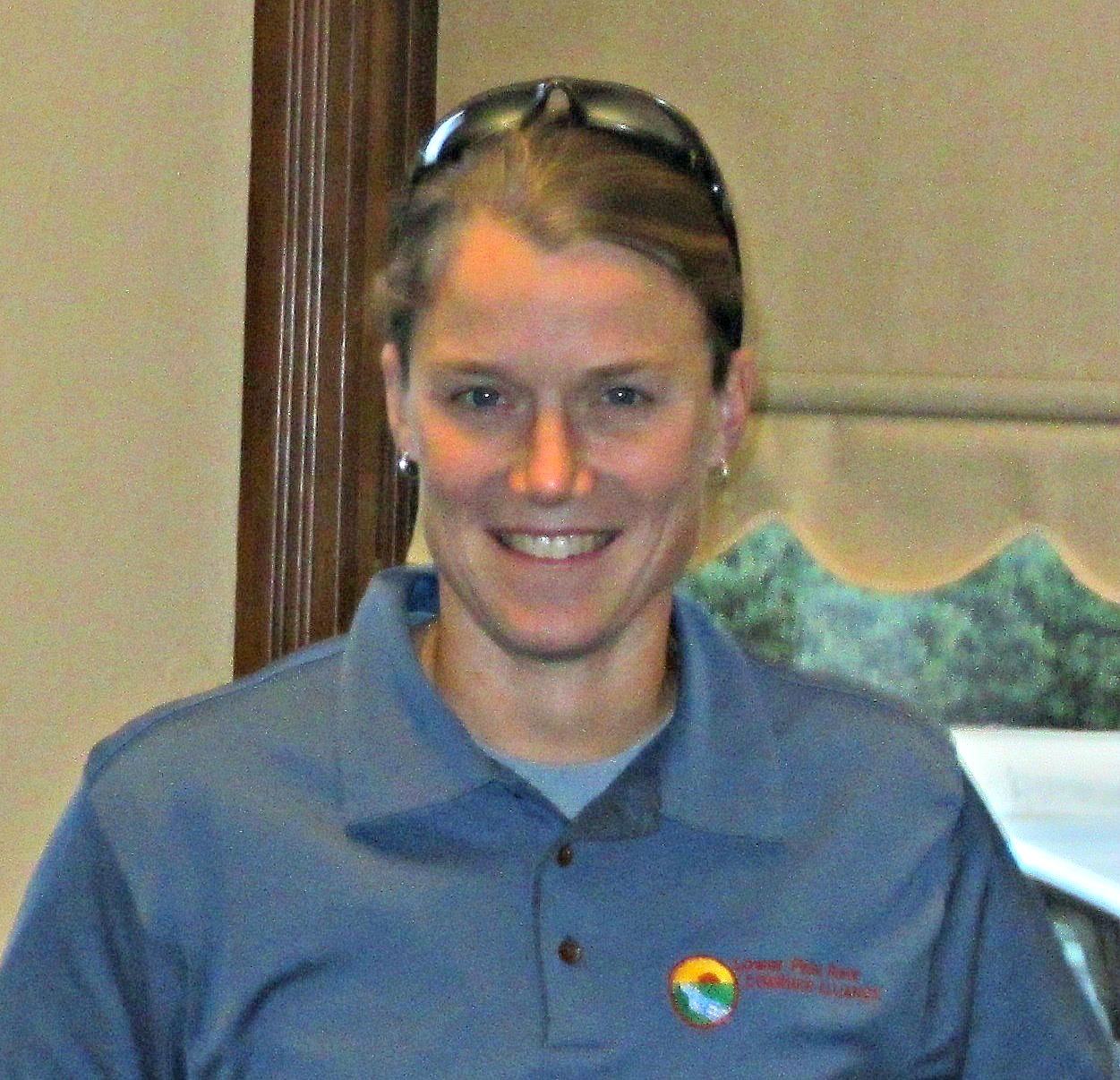
Meghan Sittler, coordinator of the Lower Platte River Corridor Alliance, will present "Protecting the Platte through Collaboration and Innovation" at 2 p.m., Feb. 13 in Hardin Hall (room 228). The seminar is free and open to the public.
The importance of the lower Platte River to people both now and in the past is evident through the prime agricultural land surrounding the river, sand and gravel mining, 5 of the top tourism attractions in the state, and multiple historic farmsteads and Native American sites. The lower Platte River is home to 48 different fish species including the endangered pallid sturgeon, multiple species of shorebirds and waterfowl including bald eagles, the endangered least tern, threatened piping plover, and endangered peregrine falcons, which utilize the river during their annual migration. The lower Platte River is also home to over half of the state's population who are dependent upon the Platte River aquifer for their water supply.
Recognizing the challenges of managing these unique and diverse resources, the Lower Platte River Corridor Alliance was formed in 1996 to help local, state, and federal stakeholders cooperatively meet those challenges. The unique resources of the Lower Platte River will be discussed in this presentation as well as highlighting the successes and challenges of protecting those resources through collaboration.
Sittler holds a master's degree in natural resources with minors in political science and environmental planning and a graduate certification in public policy analysis, as well as undergraduate degrees in environmental studies and anthropology from the University of Nebraska-Lincoln. Her graduate project was focused on the development of collaborative and adaptive management for the Missouri River.
Sittler began as Coordinator of the Lower Platte River Corridor Alliance in December of 2008. Prior to that, Sittler worked for the National Park Service as an archaeological technician, an environmental educator with the Lincoln Lancaster County Health Department, an adviser and instructor with the UNL environmental studies program and School of Natural Resources, and as a research and outreach specialist for the National Drought Mitigation Center.
Sittler grew up on a farm in southwest Lancaster County, Nebraska where her appreciation for our natural resources began.